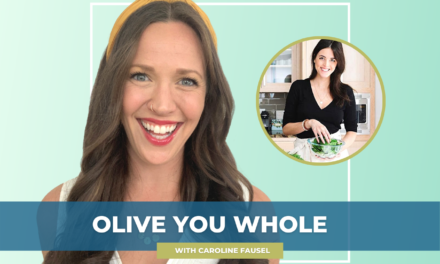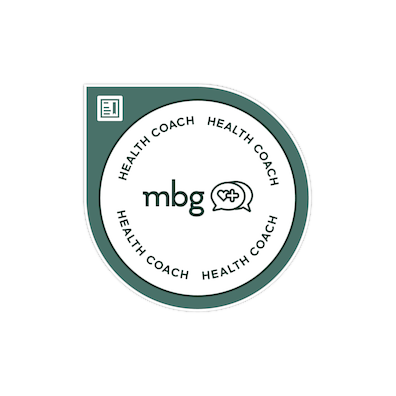Happy Thanksgiving, everyone! I want to start off this show about gratitude with gratitude for YOU.
Holidays can be a super stressful time. I’m recording this before Thanksgiving, but if you listen to this podcast ON Thanksgiving itself, I will be hosting 10 family members for Thanksgiving.
First of all, what exactly IS gratitude? Even though we kind of instinctively KNOW what gratitude is, it can be hard to put into words. Is it an emotion? A feeling? A practice? A virtue? All of the above?
The definition of gratitude is “the state of being grateful : THANKFULNESS.” And thankfulness is defined as “the state of being conscious of benefit received.”
Psychologists Dr. Robert A. Emmons of the University of California, Davis and Dr. Michael E. McCullough of the University of Miami define gratitude as a two-step process: 1) “recognizing that one has obtained a positive outcome” and 2) “recognizing that there is an external source for this positive outcome.”
Gratitude is an amazing practice because it helps us focus on the GOOD that is happening in our lives, whether that is big or small. It can also be a time to realize that the goodness is coming from a higher power, from God. It’s reassuring realizing that there is someone out there bigger than ourselves who is working for our good.
Where did gratitude come from?
According to a White Paper on Gratitude called “The Science of Gratitude” from the University of Berkley, some scientists suggest that gratitude may have evolved as a mechanism to drive reciprocal altruism, thereby turning strangers into friends and allies who are more likely to help one another.
What are the benefits of gratitude?
According to Harvard Medical School, Positive Psychology research shows that gratitude is consistently shown to be strongly related with greater happiness. Gratitude helps people feel more positive emotions, relish good experiences, improve their health, deal with adversity, and build strong relationships.
I want to share a few studies on gratitude to further prove the overwhelming benefits of gratitude. In the first study called “Counting Blessings versus Burdens”, two psychologists, Dr. Robert A. Emmons and Dr. Michael E. McCullough they asked all participants to write a few sentences each week. One group wrote about things they were grateful for that had occurred during the week. A second group wrote about daily irritations or things that had displeased them, and the third wrote about events that had affected them (with no emphasis on them being positive or negative). After 10 weeks, those who wrote about gratitude were more optimistic and felt better about their lives. Surprisingly, they also exercised more and had fewer visits to physicians than those who focused on sources of aggravation.
Dr. Martin E. P. Seligman, a psychologist at the University of Pennsylvania, tested the impact of various positive psychology interventions on 411 people, each compared with a control assignment of writing about early memories.
“When their week’s assignment was to write and personally deliver a letter of gratitude to someone who had never been properly thanked for his or her kindness, participants immediately exhibited a huge increase in happiness scores. This impact was greater than that from any other intervention, with benefits lasting for a month.”
Research on how gratitude affects the heart is limited, but it suggests a correlation between positive psychological attributes, such as gratitude, with improved outcomes in cardiac patients.
The positive effects of gratitude can be physically seen on brain imaging. Areas of the brain associated with emotional regulation and mental calmness were more active when participants were instructed in a gratitude meditation.
Start Practicing Gratitude Today
If you’ve never started a gratitude practice, now is a great time! You can practice gratitude about past experiences, things that are currently happening in your life, and staying hopeful and grateful for the future.
Here are some ways to start practicing gratitude:
If today is Thanksgiving and you’re around your extended family, take this time to each share one thing you’re grateful for. This can be a special way to feel closer together as a family.
Get a separate journal or pad of paper that is dedicated exclusively to your gratitude practice. At the same time every day, maybe as you wake up each morning or before you go to bed, write down three things you’re grateful for. They can be super tiny or huge celebrations.
It’s culturally encouraged to give thanks before meals! Remember to either say a prayer of gratitude or if you’re not religious, you can practice a moment of gratitude to all the hands that went into growing and making your food. This moment can actually help you calm down and enter into a parasympathetic state, which also aids in digestion!
Practice the art of writing thank you notes! You might be accustomed to writing thank you notes for gifts, but you can expand that practice to kind notes that don’t need a reason. This has shown to benefit both the giver and receiver. If you’re not a letter writer, you could also say thank you with a phone call or text.
Write down your thankful thoughts on small pieces of paper, and put them in a jar. Then go back and read them when you’re feeling.
Practice gratitude around the dinner table. Have each person in your family share one thing they are grateful for that day!








